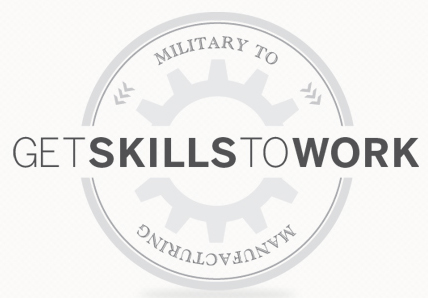Four Keys to Making Your Cold Call Stress-Free
Post Views 0From the traditional point of view, cold calling conversations should constantly lead towards making a sale. We’ve been given only one path to follow, and that’s getting a “yes.”
This is why our language and energy feels stilted. We aren’t being genuine, and we aren’t inviting the other person to tell us the truth about where they stand.
Here are four powerful reasons to relax and stop trying to force cold calls into sales:
1. When we’re carrying “forward energy momentum,” others feel pressured
Most cold calls break down the moment potential clients feel a lot of “forward energy momentum.” That’s because it brings a feeling of being pressured. Noone likes to feel even a little manipulated, and that’s what pressure is all about.
Sales pressure is a mighty saboteur that comes in all shapes, sizes, and flavors. Making any cold call with the anticipation of a sale puts the whole conversation under pressure. This doesn’t normally create good outcomes. It triggers resistance and tension.
2. Anticipation of a sale blocks the flow of normal conversation
Most of us truly believe that our product or service can help others, so we assume that anyone who fits the profile of a potential client should buy what we have to offer. Isn’t that one of the first things we learn in our sales training?
But this is a recipe for disaster when it comes to cold calling. When we make a cold call presuming someone will be interested, we’ve automatically moved into expectations. This means we’re focused on trying to “guide” the conversation into a sale. Genuine dialogue goes into the back seat, and sales pressure climbs to the front.
Move away from making any assumptions when making cold calls. After all, how much sense is it to have assumptions about someone you’ve never spoken with? How much can you possibly know about their problems, issues, needs, budget, or other key information?
If you approach your cold calls from a place of genuine interest rather than expectations, both of you will relax and the interaction will flow naturally.
3. When you explore whether you’re a “fit,” then you stop chasing invisible sales
If you’re always focused just on making the sale, then you’ll miss the signals that a prospect isn’t really going to buy from you. You find yourself chasing phantom sales and wasting a lot of energy. You can diffuse this by first determining whether you and the potential client are a good fit. Invite the other person to focus on this with you. Determine together whether a good business relationship might genuinely be possible.
When our honest objective is not to make a sale but rather discover the truth of the situation, we’re less likely to get carried away with “possibilities and potentials,” and more likely to hear the truth of what’s being said. We can disengage from people who really don’t intend to buy from us, and focus instead on potential clients who have a problem we can solve.
4. When we’re always trying to close the sale, sincere interest doesn’t have the chance to participate in the conversation
Whenever our aim is to “get the sale,” we can’t relax and let the other person move things forward. We’re high energy and full of pressure.
This means our potential client is always responding or reacting, rather than initiating anything. When all you’re thinking about is leading the conversation to a “next step,” you’re trying to do two things at once.
You’re trying to have a sincere conversation while still controlling the outcome. Your potential clients can feel this conflict. They feel suspicious and react by holding back the truth of their situation. They simply don’t trust your intentions.
When you release any hidden agenda with moving your conversation toward a close, people feel that you’re focused on their needs and issues. They begin to trust you. Thus, they will share truthfully what their real needs are and whether your product is a fit for them.
When you’re not focused exclusively on making the sale, then you can close with the phrase, “Well, where do you think we should go from here?” This gives the green light for your potential clients to share clearly where they stand with you.
You’ll be amazed at how often your prospect is the one who sets the appointment.
Four Keys to Making Your Cold Call Stress-Free by Harrison Barnes


 Outsourcing IT – Is it the best option for your organization?
Outsourcing IT – Is it the best option for your organization?  Effective Forms Advertising Internet Web Site
Effective Forms Advertising Internet Web Site